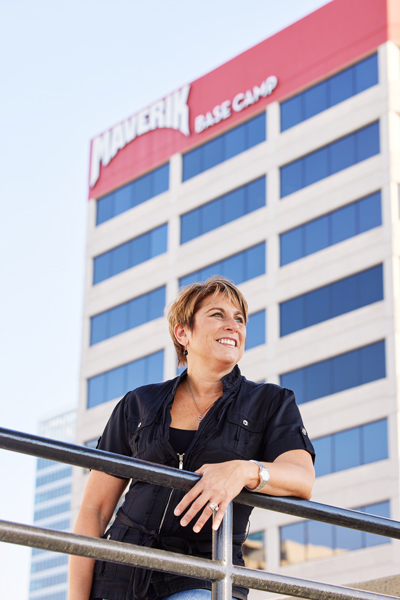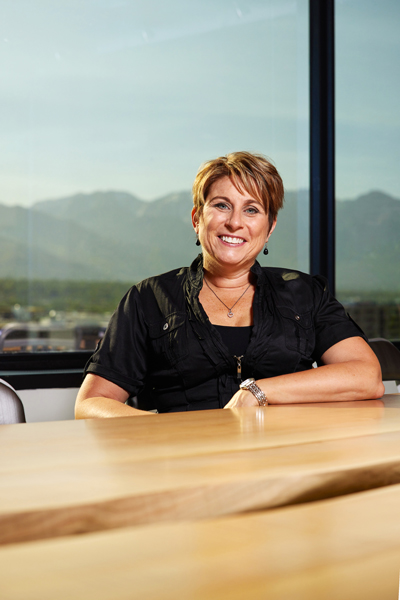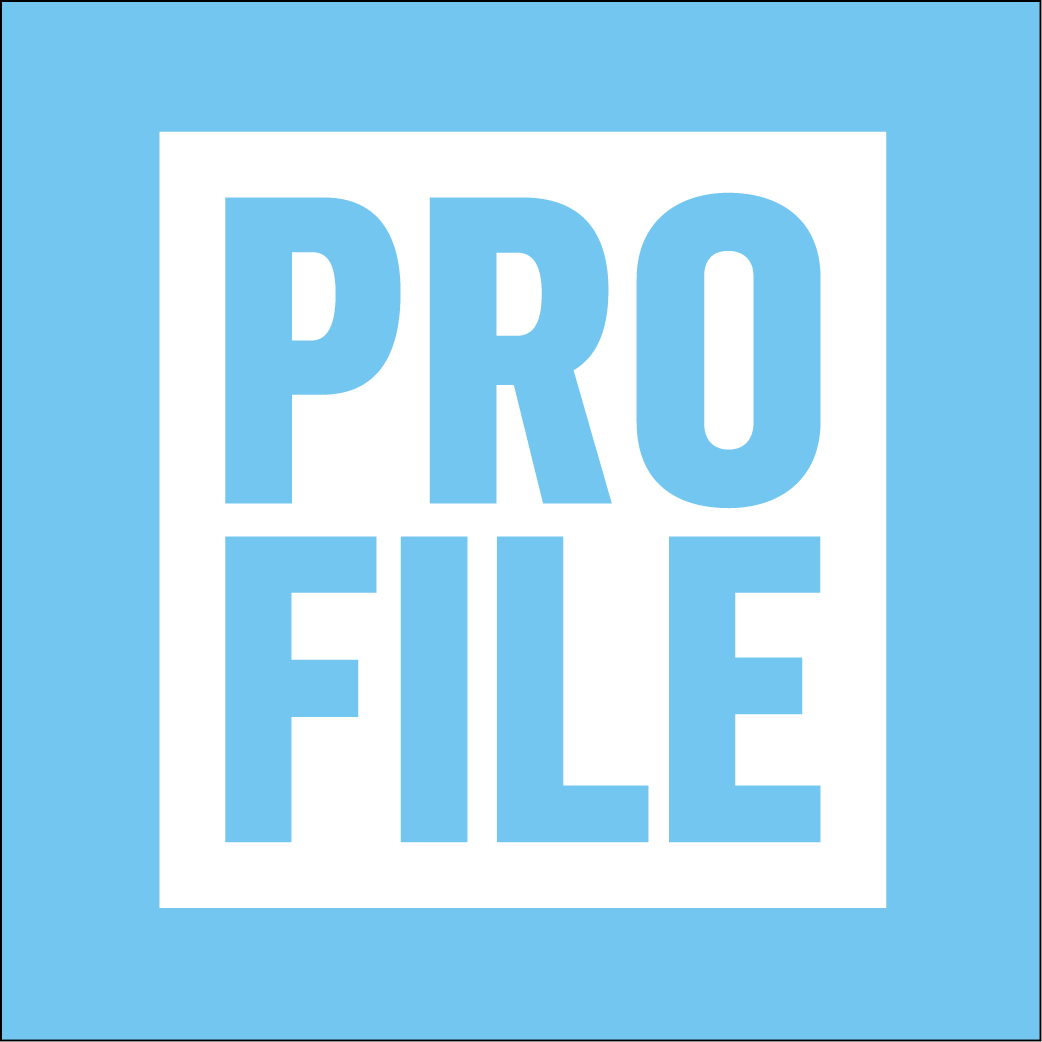|
Getting your Trinity Audio player ready... |
When Profile last spoke with Maverik Vice President of Human Resources Kim Lazerus, she shared how she built an HR department at the independent fuel marketer from the ground up.
But that was in 2019. And like every other company on the planet, Maverik had to pivot in 2020 with the onset of the COVID-19 pandemic, putting all the HR progress she had made to the test. Luckily, Lazerus had put such a strong foundation in place, the path forward through the year of coronavirus was clear.
“Things changed, but they also didn’t—at least from a priority perspective,” Lazerus says. “It’s still about people. It’s still about culture. It’s about how we continue to create that frictionless employee experience, which in turn creates a frictionless customer experience.”

There were the usual health and safety measures such as frequent sanitization and masks, as well as additional challenges poised by Maverik’s unique place in the fueling industry. Because the company prepares and serves fresh food on-site in more than 350 stores across 11 western states, health guidelines varied depending on the location. One county may have restricted the sale of fountain beverages. Another might have applied the same rules to fresh coffee or a sub sandwich made in-store.
But as Lazerus explained, the number one priority was taking care of Maverik’s team members on the frontline. As a way of showing support during economically turbulent times, the HR and executive teams decided on an additional 20 percent premium for every shift worked by a store team member.
“We fully recognize that most of our team members are supporting single-income families,” Lazerus says. “We wanted to do anything we could to help. What I’m really proud of is that we continue to pay our premium pay today, fifteen months down the road, and will continue to do so through Labor Day, which gets us through our busiest part of the season.”
“It’s still about people. It’s still about culture. It’s about how we continue to create that frictionless employee experience.”
Kim Lazerus
And when Maverik didn’t qualify for the federal government’s Families First Coronavirus Response Act, which provided supplemental sick leave for companies, they created their own. Called Titanium Care, it will also extend at least through Labor Day—and perhaps beyond. “When we say people matter, we show that people matter,” Lazerus says.
In addition to the increased wages and paid time off, HR had to rethink the way scheduling works at Maverik. As Lazerus explains, the team members at the company’s stores tend to be a tight-knight group, with many of them being family members or forming social circles outside of work. While that makes for a strong sense of community, it also means that if your close colleague got sick, there was a greater chance of you getting sick, too. Thus, segmented work teams were born.

“We kept people who tend to work and socialize together in common shifts, trying to minimize cross-contamination. When we had someone get impacted with a positive COVID result, we were able to limit the number of team members in our store who potentially were impacted from a contact-tracing perspective. It also helped give our team members more predictable schedules and maximize their hours.”
As the pandemic begins to wind down in the United States, Lazerus says there’s a lot to be learned from the country’s collective COVID year, and that Maverik will be closely looking at which changes might make sense to keep. While Premium Pay and Titanium Care can’t last forever, there’s a possibility that some of their traits could carry over into more competitive wages. It’s not about going completely back to normal but thinking about what could continue to improve after such a difficult year.
This all runs in tandem with another big shift happening at Maverik: an increased focus on diversity, equity, and inclusion (DEI). Lazerus points out that, at the stores themselves “diversity just happens,” as each store greatly reflects the community it serves. The company’s corporate office, however, is based in Salt Lake City, a community that, according to the 2019 census, is nearly 73 percent white. To bring greater attention to DEI, HR created an employee resource group called Limitless.
“How do we work together beyond what our limits are?” Lazerus asks. “Together, we can accomplish a whole lot more. We’re educating everyone here about how to understand what’s similar between all of us and what’s different. We need to appreciate the differences that people have by being curious and inquisitive so that we don’t leave anybody behind.”
It’s a philosophy that ties to Lazerus’ overall outlook on HR—a “people perspective” that will guide Maverik into its next chapter as the world comes back to life.
“We’re going to continue to focus on this notion of ‘we,’” Lazerus says. “We are in this together. You may play a different role in the company than I do, but together, this is what we can accomplish.”
Impact 21 has been privileged to work alongside Kim Lazerus at Maverik for several years. Our work has been heavily rooted in improving strategy, business processes, and operational excellence that supports a culture of collaboration and inclusion. Kim excels at the highest level and always goes above and beyond.

